FTC Challenges Court Ruling On Microsoft-Activision Merger
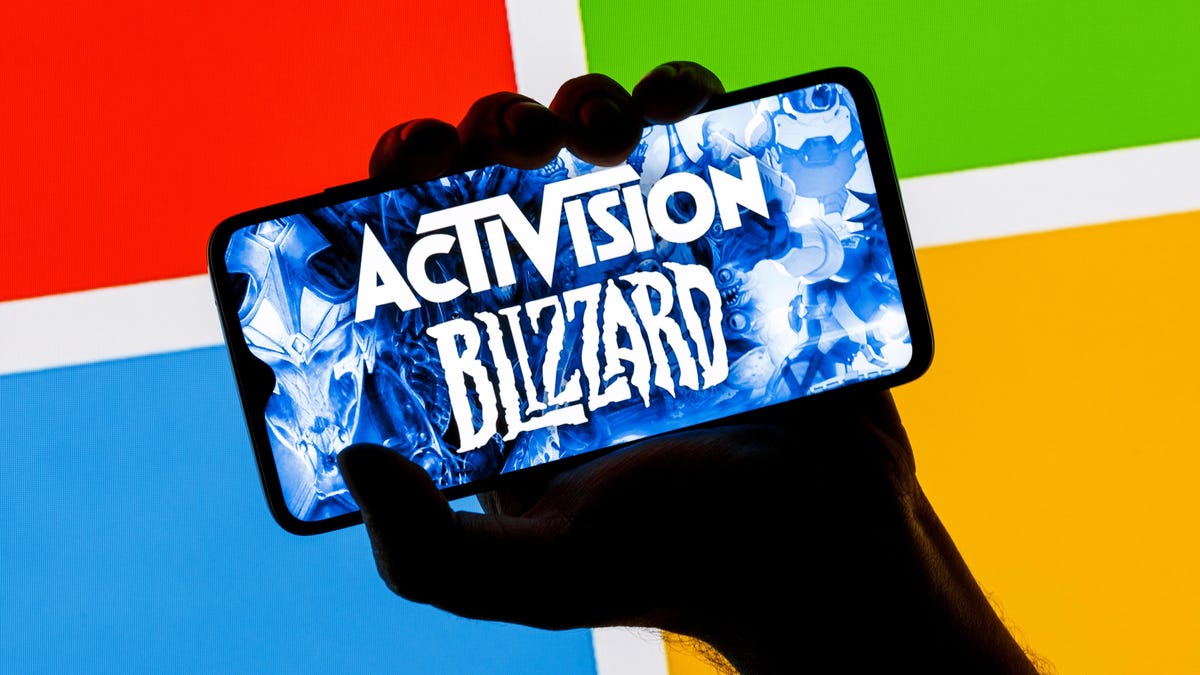
Table of Contents
The FTC's Case Against the Merger
The FTC's core argument hinges on the potential harm to competition resulting from Microsoft's acquisition of Activision Blizzard. The commission contends that the merger would grant Microsoft undue market power, leading to anti-competitive practices that ultimately harm consumers. Their central concern is the potential for Microsoft to leverage its ownership of Activision's titles, most notably Call of Duty, to stifle competition and gain an unfair advantage. This could manifest in several ways:
- Loss of competition in the gaming console market: By making Call of Duty exclusive or less accessible on competing platforms like PlayStation and Nintendo Switch, Microsoft could significantly weaken its rivals, potentially leading to reduced innovation and higher prices.
- Potential for higher game prices: Reduced competition often results in higher prices for consumers, as companies have less incentive to offer competitive pricing. The FTC argues this merger would facilitate such price increases.
- Reduced consumer choice: Restricting access to popular games like Call of Duty on certain platforms limits consumer choice and could drive gamers towards Microsoft's ecosystem.
- Exclusionary practices regarding Call of Duty access: The FTC fears Microsoft might use Call of Duty as a bargaining chip, demanding favorable terms from other companies in the industry or excluding them altogether.
The Court's Initial Ruling in Favor of the Merger
A court initially ruled in favor of the merger, dismissing the FTC's lawsuit. The judge's reasoning centered on a belief that the FTC had failed to convincingly demonstrate that the merger would substantially lessen competition. The judge's assessment seemingly weighed Microsoft's commitments to keep Call of Duty available on PlayStation against the FTC's predictions of anti-competitive behavior. While the ruling acknowledged concerns about market power, it ultimately found insufficient evidence to warrant blocking the merger. Key aspects of the court's decision included:
- Judge's assessment of Microsoft's market power: The court evaluated Microsoft's current market share and influence in the gaming industry, concluding that while significant, it wasn't enough to definitively prove substantial harm to competition.
- Evaluation of the evidence presented by the FTC and Microsoft: The judge carefully considered the evidence and arguments presented by both sides, seemingly finding Microsoft's arguments more persuasive.
- Legal arguments that swayed the initial decision: Specific legal precedents and interpretations of antitrust law likely played a significant role in shaping the court’s decision.
The FTC's Appeal and Next Steps
Undeterred by the initial ruling, the FTC filed an appeal, arguing that the court misinterpreted crucial evidence and failed to adequately consider the long-term implications of the merger. The appeal process involves presenting new arguments and evidence to a higher court, which will review the original decision. The potential outcomes are significant:
- Arguments for appeal: The FTC likely focused on highlighting the potential for future anti-competitive practices, long-term market dominance, and the limitations of Microsoft's commitments to keep Call of Duty on other platforms.
- Legal avenues available to the FTC: The appeal process follows established legal procedures, offering the FTC opportunities to challenge the original ruling based on legal precedent and newly presented evidence.
- Potential consequences of the appeal’s success or failure: A successful appeal could block the merger, while failure would solidify the court's initial approval, allowing the acquisition to proceed.
- Impact on Microsoft's timeline for the Activision acquisition: The appeal significantly impacts Microsoft's timeline, potentially delaying or even preventing the completion of the acquisition.
Implications for the Gaming Industry and Antitrust Law
This case has far-reaching implications for the gaming industry and antitrust law as a whole. The precedent set by the final ruling will shape future mergers and acquisitions in the tech sector, influencing how regulatory bodies assess market power and potential anti-competitive behavior.
- Impact on future mergers in the gaming industry: The outcome will impact how future mergers are scrutinized, potentially leading to stricter regulatory oversight.
- Implications for antitrust law and enforcement: The case tests the boundaries of antitrust law in rapidly evolving industries like gaming, where market dynamics are constantly shifting.
- Effects on the competitive landscape of the video game market: The ruling will profoundly impact the competitive landscape, either maintaining the status quo or significantly altering the market power dynamics.
- Influence on future regulatory decisions concerning large tech mergers: This case will serve as a benchmark for future regulatory decisions regarding mergers in the tech sector, potentially leading to stricter scrutiny.
Conclusion: The Future of the Microsoft-Activision Merger Remains Uncertain
The FTC's challenge to the court's ruling on the Microsoft-Activision merger is a pivotal moment for the gaming industry and antitrust law. The appeal's outcome will significantly impact the competitive landscape, consumer choice, and the future of large-scale acquisitions in the tech sector. The potential consequences – ranging from a blocked merger to the establishment of a new precedent for antitrust enforcement – remain highly uncertain. Stay informed about the ongoing developments concerning this significant Microsoft-Activision merger appeal and its implications for the future of gaming by subscribing to our newsletter or following us on social media for the latest updates on this crucial FTC challenge and the antitrust lawsuit.

Featured Posts
-
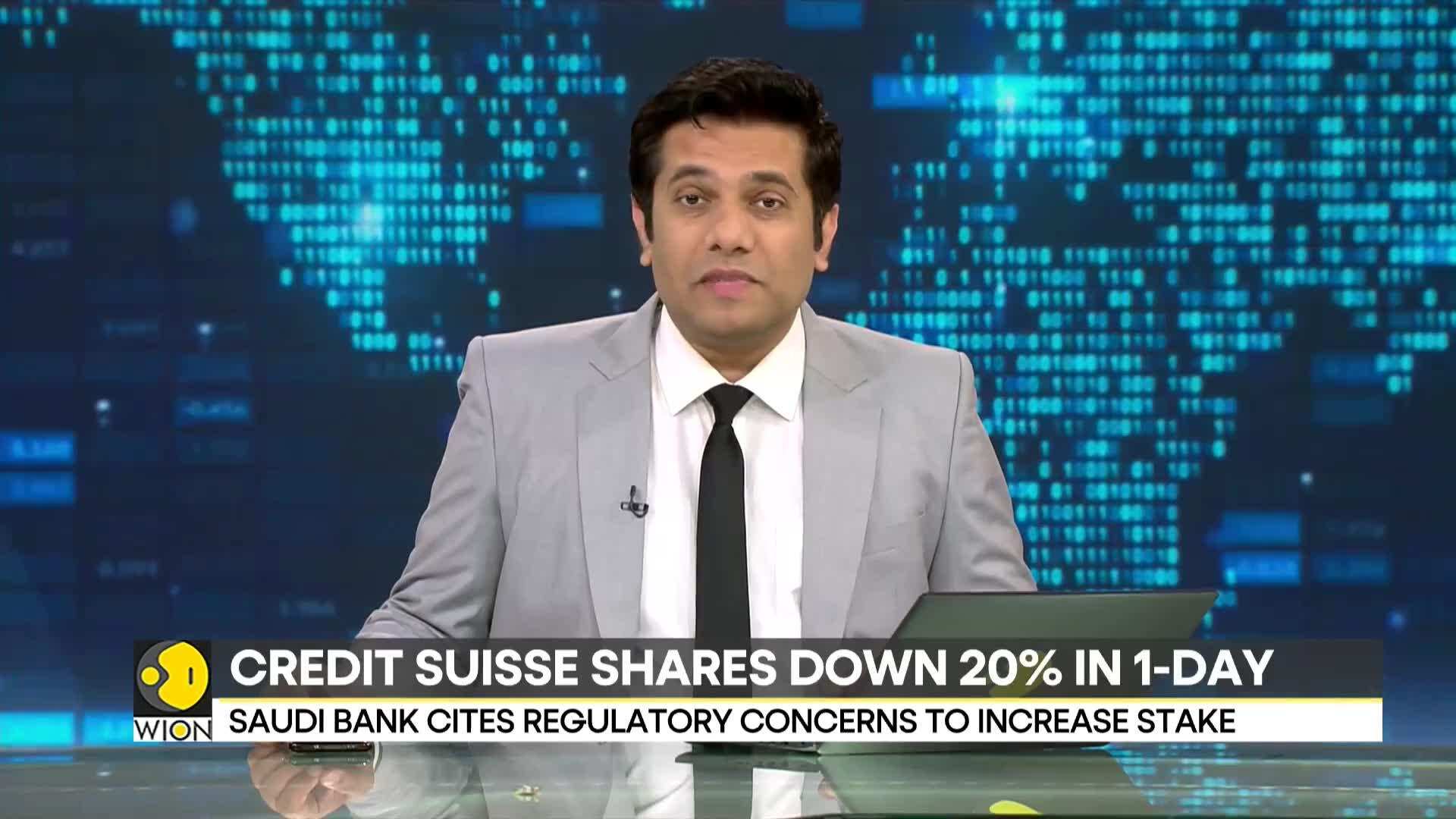 150 Million Awaits Credit Suisse Whistleblowers
May 10, 2025
150 Million Awaits Credit Suisse Whistleblowers
May 10, 2025 -
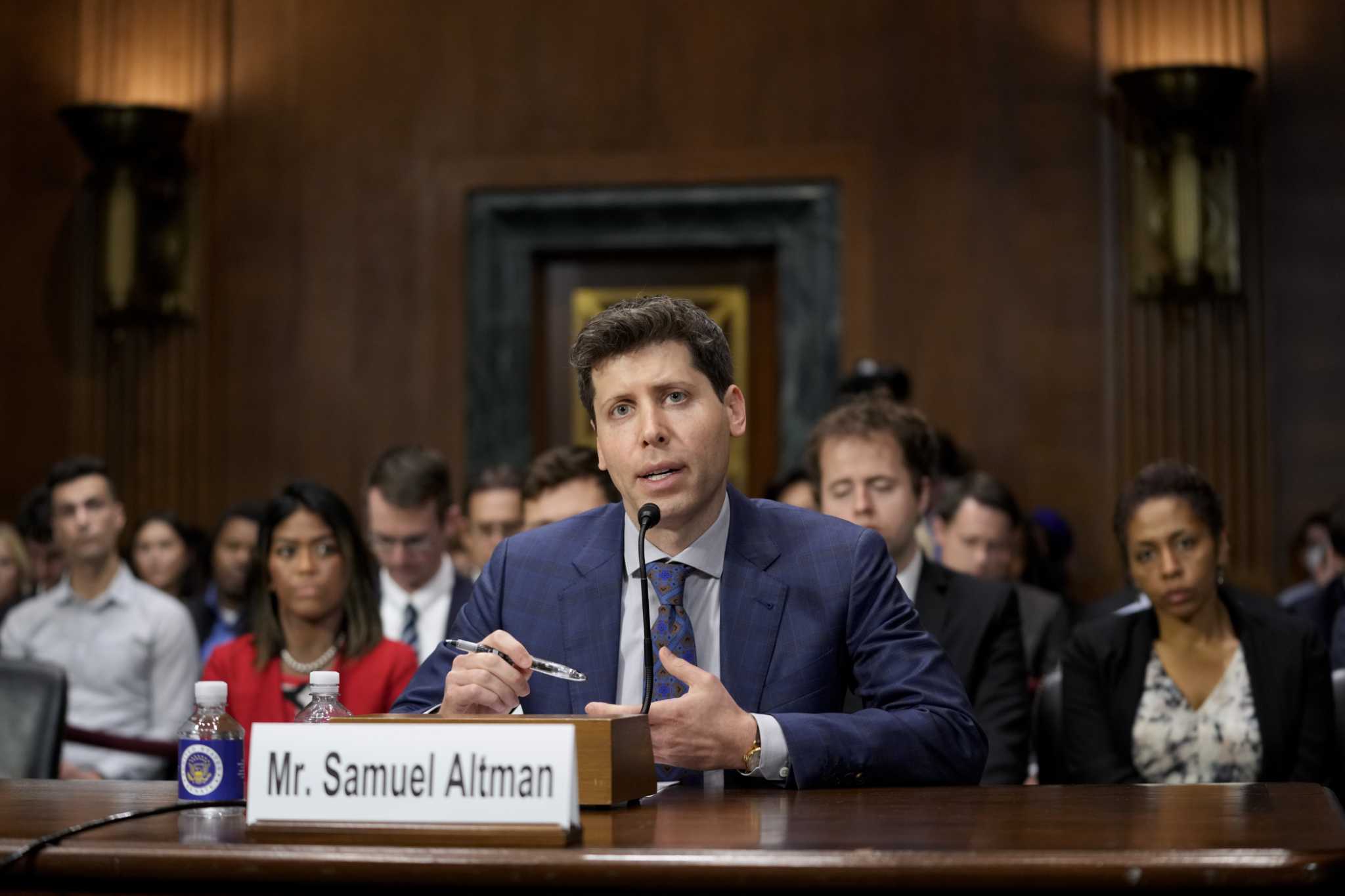 Chat Gpt Maker Open Ai Facing Ftc Investigation Key Questions Answered
May 10, 2025
Chat Gpt Maker Open Ai Facing Ftc Investigation Key Questions Answered
May 10, 2025 -
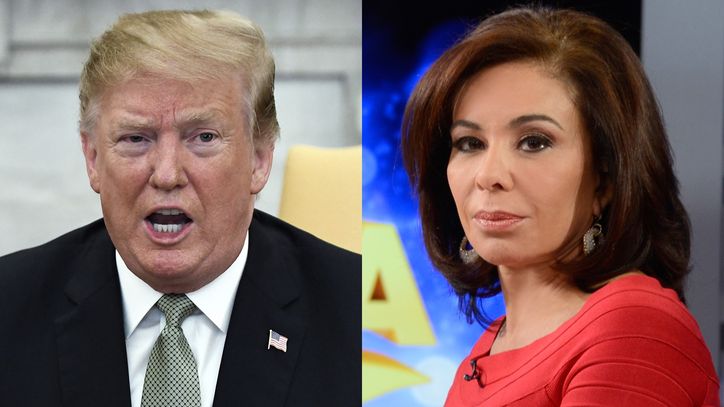 Jeanine Pirro Trumps Choice For Top Dc Prosecutor
May 10, 2025
Jeanine Pirro Trumps Choice For Top Dc Prosecutor
May 10, 2025 -
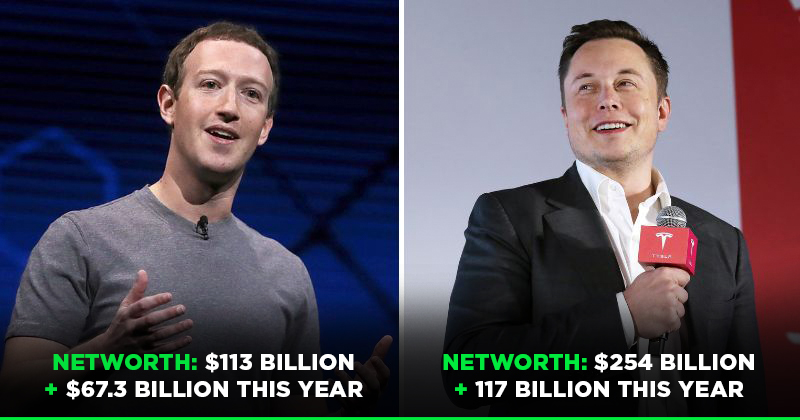 Analyzing Elon Musks Net Worth Shifts During Trumps Initial 100 Days In Office
May 10, 2025
Analyzing Elon Musks Net Worth Shifts During Trumps Initial 100 Days In Office
May 10, 2025 -
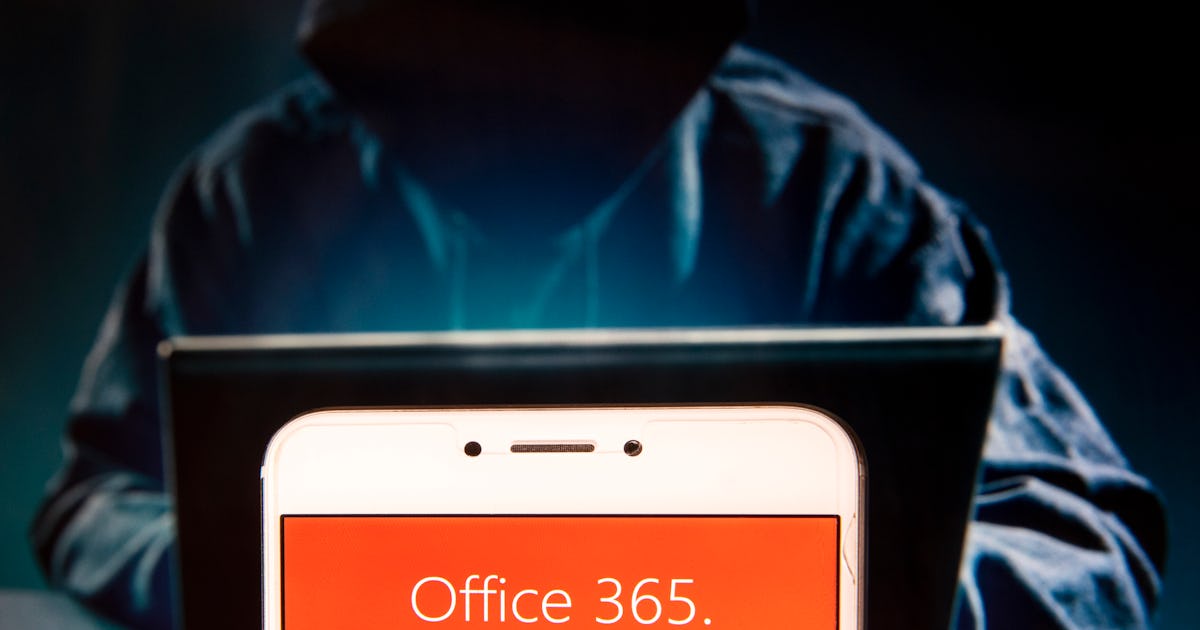 Office365 Intrusion Nets Hacker Millions Federal Investigation Reveals
May 10, 2025
Office365 Intrusion Nets Hacker Millions Federal Investigation Reveals
May 10, 2025
